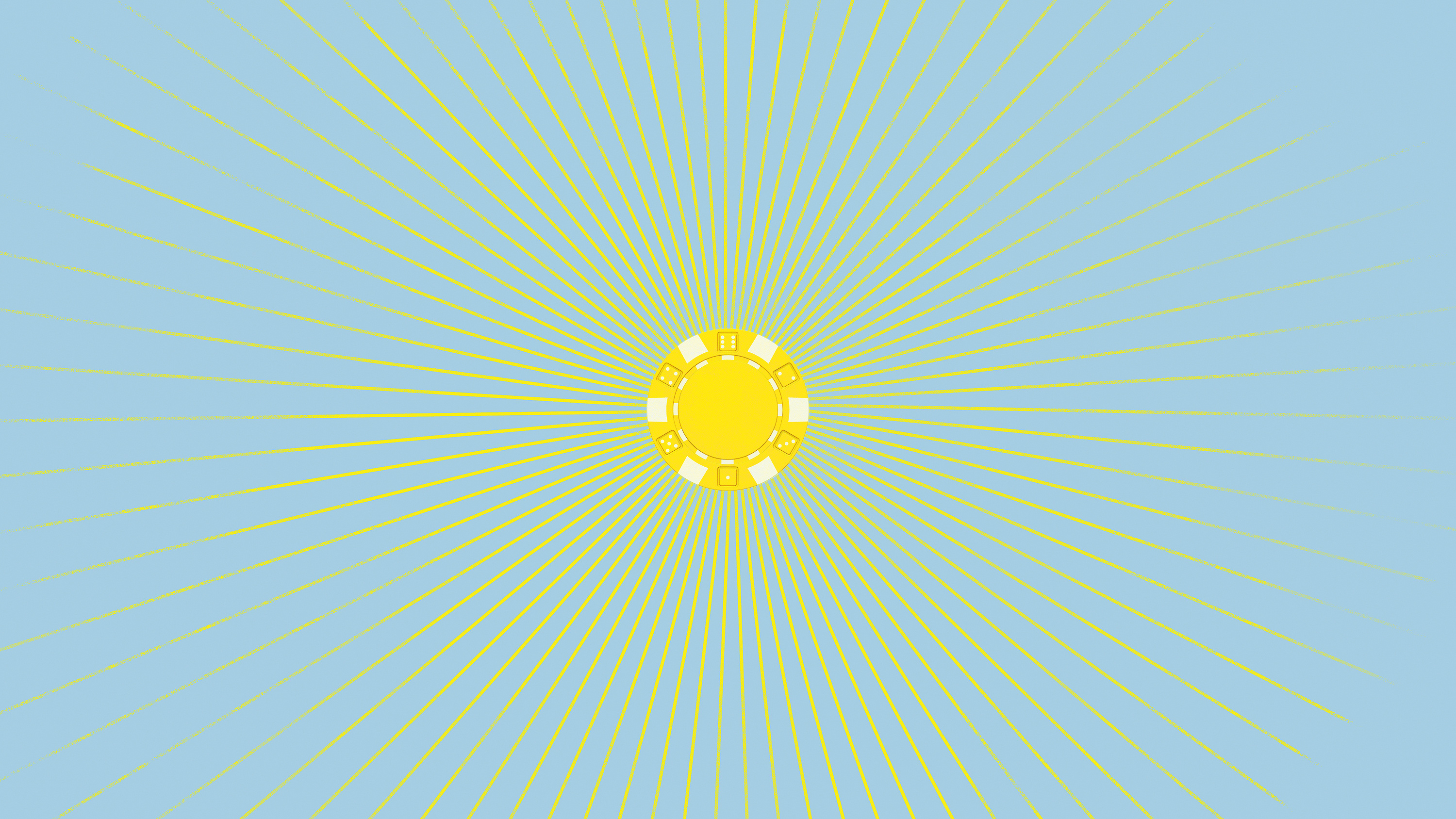A Religious Week - #427

It's a week to think about religion. We're about to wrap Passover and are in the middle of the Triduum. Looking at the friends who subscribe to this weekly email, I think some of you are right there in the religious observances and more than a few aren't. That's ok. I'm not here to do too much proselytizing: this year, rather than go to our normal church all week, we're in western Maine at the familial ski house. Our Easter will be a little religious service and a lot of pond skimming and passholder BBQing. You could file this email under "D" for "do as a say, not as I do." But here are a few thoughts on religion nonetheless.Why religion? From appearances on the podcast Bari Weiss hosts to the one where Tyler Cowen (nicely?) interrogates his guests, I've heard more than a few times from Ross Douthat about his new book Believe. In it, he runs against the grain of almost all of our culture to argue that you should be religious. Coming from the New York Times's resident (token?) conservative Catholic, this could be concerning. Should everyone join Opus Dei? Is he arguing for the latest flavor of Christian nationalism? Why, his coreligionists must be asking, is his book pro-religion, not pro-Catholicism?
Douthat asks us to consider that there may well be a god, there may well be a religious component to the well-lived life. He doesn't ask us to be all that zealous or too political or even, it appears, to be too certain. His is a humble religiousness. This juxtaposes with the newly political Christianity we see all over, from the scary "nationalists" to the more moderate "defenders of western civilization." They're asking us to make our religion part of a unidimensional existence, where everything we think is equally tied up with everything else, and we have to be certain about almost all of it to get anywhere with any of it. People eventually tire of that sort of thing. It requires too much both of us and of our religion (and, frankly, our politics). You see this in the stories from the people raised in that sort of political religion: evangelicals seem to be backing away from this fervent American expression of civil religion.
What do we do with all that? Douthat says to put your religion, whatever it is, in its proper place: it’s an institution, a set of beliefs and practices, to which you attempt to hold, to live the good life, and align yourself with what you think the divine asks of you. Your religion isn't, in this sense, your politics, your social club, your business opportunity, your platform for actualization, etc. In a sense, this sort of religious belief and practice demands and offers much less than the total religion of the politically-minded. In another sense, it both demands and offers much more than political religion ever could.
In the reading this week, I have a thoughtful review of recent books from the Evangelicals quitting political religion, a review of Douthat's new book, and an excerpt. Happy Passover and Happy Easter!
Reading
 The Fire Goes Somewhere
The Fire Goes Somewhere
Evangelical writers leaving their religion
 Ross Douthat Bets on Belief
Ross Douthat Bets on Belief
The Catholic journalist's new book updates Pascal's wager for our secular-yet-spooky age.
Believe: Why Everyone Should Be Religious
"Once you concede that the universe might be a bit more than just a collision of atoms doing meaningless expansions and contractions, you are not standing alone next to an enigmatic aurochs, staring with bafflement into its inhuman eyes. No, you are standing in the same place that generations of human beings have found themselves before: at the beginning of a journey, a quest, a pilgrim's progress, that you have good reason to believe is going somewhere quite important, somewhere of ultimate significance."